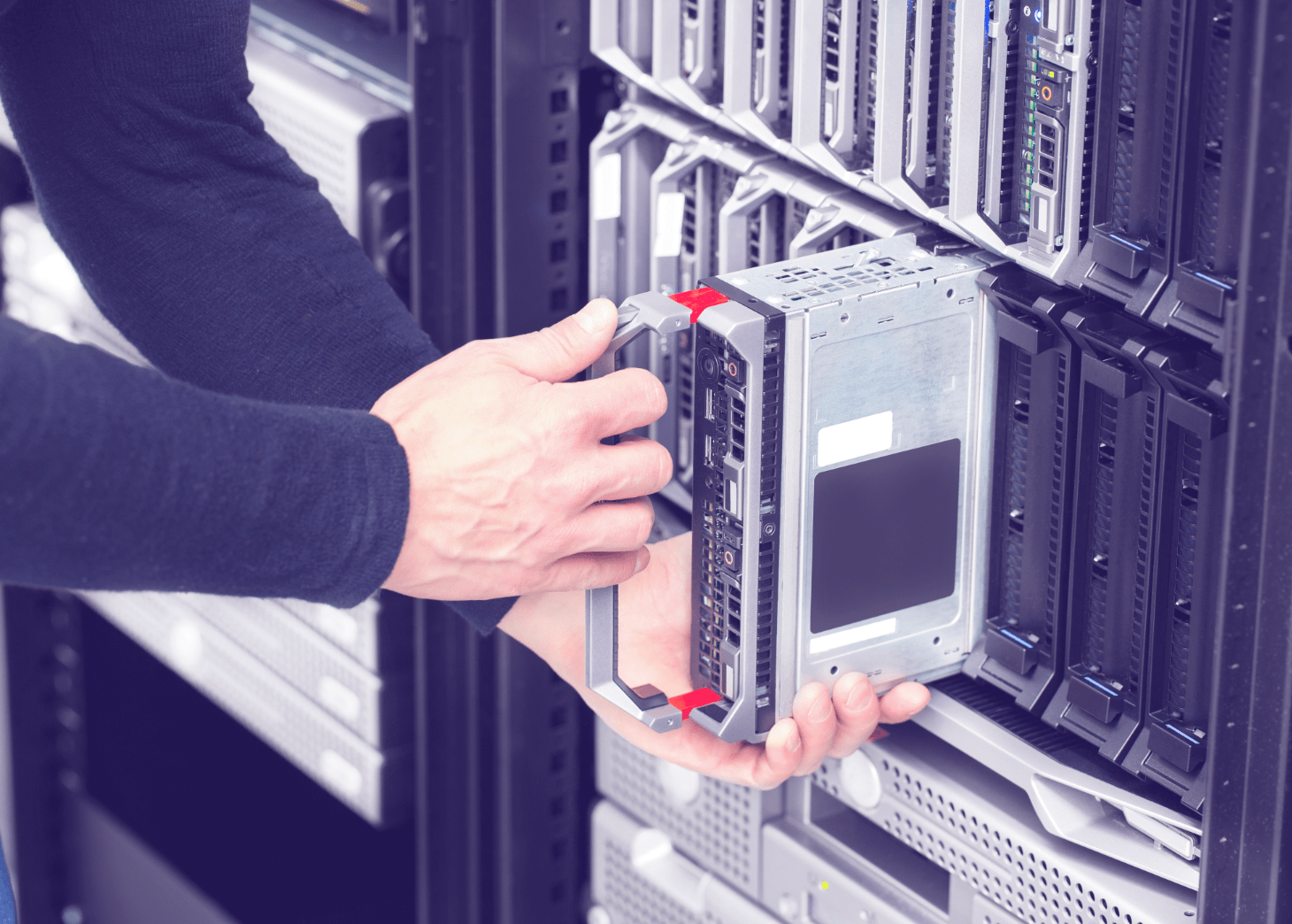In an era where data not only drives decisions but also constitutes the core of business continuity, the significance of robust data backup cannot be overstated. The digital realm is fraught with threats, from hardware failures to sophisticated cyber-attacks, making the resilience of backup solutions a paramount concern. Within this context, the choice of a backup repository becomes not just a technical decision but a strategic one.
This article embarks on a detailed exploration of four types of Veeam backup repositories—Direct Attached Storage (DAS), Network Attached Storage (NAS), Deduplicating Storage Appliances, and Object Storage. Through a lens focused sharply on security, we aim to delineate why Object Storage, particularly with its hallmark feature of immutability, emerges as the quintessential safeguard in the modern data landscape.
Direct Attached Storage (DAS)
Direct Attached Storage is storage system directly attached to the server, Veeam supports Microsoft Windows server and Linux server as DAS backup repositories.
Advantages
- High Performance: DAS provides fast data access as it’s directly connected to the server, ensuring quick backup and restore times.
- Simplicity: Easy to set up and manage without the need for network configuration.
Disadvantages
- Scalability: Limited scalability as it’s directly attached to a single server. Expanding storage capacity can be challenging.
- Security: While physically secure, it lacks advanced security features like immutability, making it susceptible to ransomware attacks if the network is compromised.
Network Attached Storage (NAS)
NAS is a storage device connected to a network, allowing multiple users and client devices to retrieve data from centralised storage. Veeam supports both SMB (CIFS) and NFS shares.
Advantages
- Accessibility: Network shares are accessible from any device on the network, offering flexibility in backup and recovery operations.
- Cost-effective: Utilising existing network storage can be cost-effective compared with dedicated backup storage hardware.
Disadvantages
- Performance: Can experience slower performance than DAS due to network limitations.
- Security: Vulnerable to network-based attacks. While it can implement some security measures, it lacks the inherent immutability feature for ultimate data protection.
Deduplicating Storage Appliances
These are specialised storage devices designed to perform data deduplication, reducing storage needs by eliminating redundant data. Veeam supports various systems including Dell Data Domain, Fujitsu ETERNUS CS800.
Advantages
- Efficiency: Reduces storage requirements and costs by storing only unique data instances.
- Improved Backup Times: Can lead to faster backup times as less data is transferred.
Disadvantages
- Restore Performance: When data is deduplicated, it must be rehydrated (or reconstructed) for recovery, which can slow down the restore process.
- Security: While they can offer encryption and some advanced security features, the lack of native immutability leaves them vulnerable to sophisticated cyber threats.
Object Storage
Object Storage stores data as distinct units, or objects, in a flat environment. Each object includes the data, metadata, and a unique identifier.
Advantages
- Scalability: Highly scalable, making it ideal for handling vast amounts of unstructured data.
- Cost-Effectiveness: Often more cost-effective for large data volumes compared to traditional block or file storage.
- Security and Immutability: Offers superior security features, including the ability to make data immutable—preventing alteration or deletion for a specified period, which is crucial for ransomware protection.
Conclusion
Reflect on your organisation’s current data backup strategy: does it offer the ironclad security and scalability your data deserves? As we pivot to an increasingly digital-first business environment, adopting Object Storage isn’t merely an upgrade; it’s a forward-looking move towards ensuring your data’s integrity and your business’s resilience.
This is where “Ootbi” by Object First changes the game. Ootbi (Out of the Box Immutability) isn’t just another Object Storage solution – it’s a ransomware-proof and immutable appliance-based solution designed specifically for Veeam customers. It offers secure, simple, and powerful backup storage with out-of-the-box immutability and zero access to root. It is a secure, simple, powerful storage appliance that is purpose-built for mid-size Veeam customers.
Find out more about Ootbi Immutable backup – Watch our short Ootbi overview video
Find out how Ootbi provides total business security – Book on our 30 minute Ootbi webinar
Find our more detailed information about Ootbi – Take an Ootbi technical ‘Deep Dive’ here

